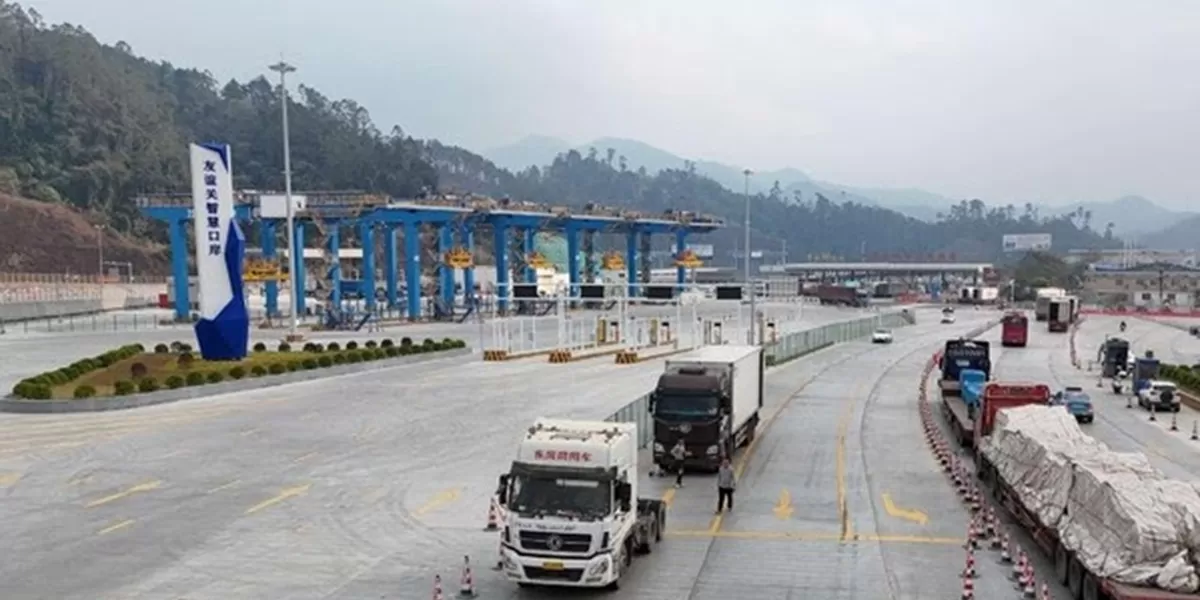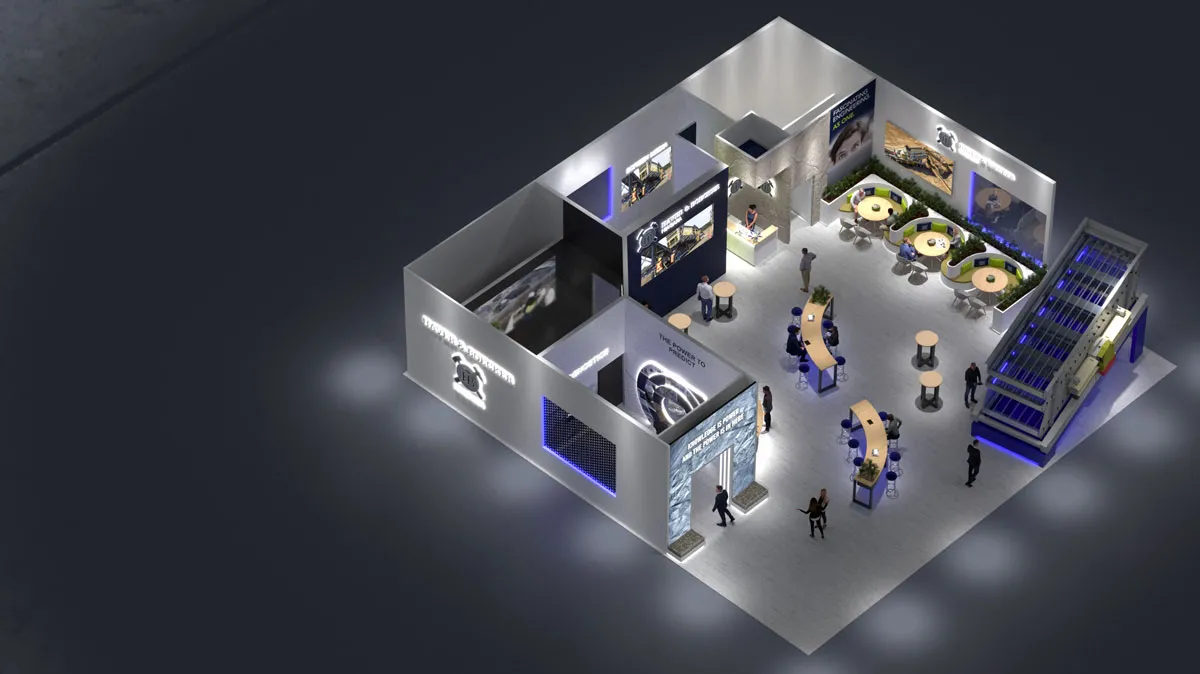Smart Border Port Keeps Nonstop China-Vietnam Trade Flowing
15 Apr 2025
4 Min Read
CW Team
On a recent spring morning at Youyiguan Port, known as Friendship Pass, on the China-Vietnam border in Pingxiang city, south China's Guangxi Zhuang autonomous region, a steady stream of trucks lined up at the border crossing, ferrying tropical fruits into China and hauling machinery and electronics to Vietnam. The scene is brisk, efficient - and increasingly automated.
Friendship Pass, one of the largest and most efficient land border crossings between China and Vietnam, is undergoing a high-tech overhaul. The site is being transformed into China's first cross-border smart port, with the Chinese section scheduled to commence pilot operations later this year.
Roughly 1,500 vehicles now pass through the port each day. Once the upgrade is completed on both sides, clearance capacity is expected to multiply, strengthening trade links between China and ASEAN and deepening regional economic integration.
For Vietnamese truck driver Nguyen, the changes are already evident. "I just roll down my window for fingerprint and facial scans - the process typically takes about 45 seconds," he said. Nguyen regularly transports fruits from Vietnam to distribution centers in China. The streamlined clearance process now enable him to make up to 30 round trips per month. "I hope to see even more Vietnamese fruits exported to China," he said. "Faster clearance means more deliveries - and higher earnings."
At a bonded warehouse near Friendship Pass, run by the Guangxi branch of Fuliankang Cross-Border Logistics, shipments of high-value electronic components arrive from Chinese factories, bound for assembly lines in Vietnam. With a few taps on his phone, warehouse manager Li Zhen pulls up real-time customs data. "The Smart Youyiguan app allows us to submit declarations in advance and track clearance in real time," he said. "It has drastically reduced processing times."
In 2024, the company's exports via Friendship Pass surged to $240 million more than doubling the previous year's total.
The gains reflect a broader digital transformation underway at the port. Since 2022, Youyiguan Customs has rolled out a range of digital systems - including a smart logistics management platform, an intelligent inspection assistance system, and a smart quarantine processing system - all aimed at reducing delays and improving throughput.
In the first two months of this year, trade at the port recorded double-digit growth, giving China's foreign trade a strong start.
The smart logistics management platform allows for real-time tracking from the moment a cargo manifest is submitted, using BeiDou satellite positioning and video surveillance to streamline dispatching. Meanwhile, the intelligent inspection assistance system uses display screens and geomagnetic sensors to monitor traffic flow and assign inspection bays automatically - cutting wait times by 20% and increasing turnover efficiency by 35%.
The quarantine process has also been fully digitized. From vehicle queuing and fumigation scheduling to gas concentration monitoring and report submission, the smart quarantine processing system now saves an average of 3.5 hours per shipment.
"Import clearance for a fruit container previously took six hours," said Lu Qiujing, a business manager at a Guangxi-based fruit importer. "Now it can be done in as little as three. That means less spoilage and quicker delivery to market."
The China-Vietnam cross-border smart port project at Friendship Pass represents a major investment in regional trade infrastructure, with a total outlay of 1.062 billion yuan ($145.49 million). It integrates advanced technologies such as satellite navigation, 5G technology, AI-driven transport vehicles, and large-scale automated cargo-handling machinery, along with smart inspection systems and a centralized command platform - all engineered to sustain uninterrupted, 24/7 operations.
The Chinese segment of the project has been largely complete and is now in system integration and testing phases, with trial runs scheduled to begin within the year.
"Once completed, the port will enable 24/7 customs clearance," said Shi Lei, deputy director of Youyiguan Customs. "Goods will be able to travel from Nanning in Guangxi to Bac Giang or Bac Ninh in Vietnam within 24 hours - making round-the-clock cross-border trade a reality."
Vietnamese authorities, for their part, approved their smart port development plan on August 17, 2024. Construction on the Vietnamese side is now in full swing.
Wei Zhaohui, director of the Guangxi International Expo Affairs Bureau, called the project not only a major step forward in enhancing port clearance capacity and expanding trade between the two countries, but also a model for promoting trade and investment liberalization across the broader China-ASEAN region.




















